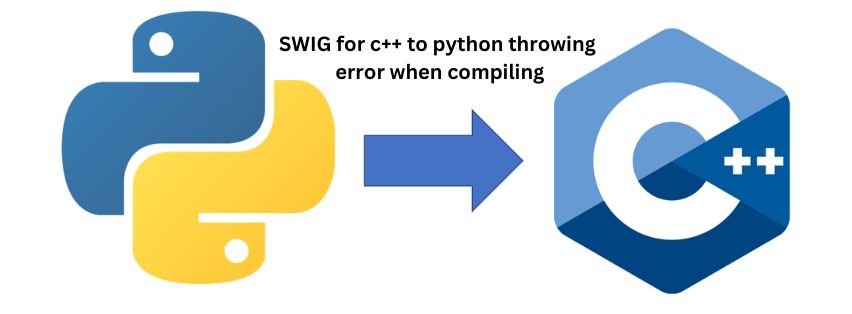
Jully 18, 2022
What is the use of constexpr function in C++23?
A constexpr function is a powerful tool in C++23 that allows for the creation of compile-time constants. It used to define values that known at compile-time and used to optimize code and improve performance. This essay discuss the use of constexpr functions in C++23, including their advantages, disadvantages, and how they used to improve code performance.
Advantages of constexpr functions
The primary advantage of constexpr functions is that they allow for the creation of compile-time constants. This means that the value of the constant known at compile-time, and used to optimize code and improve performance. Additionally, constexpr functions used to create more efficient code, as they used to replace complex calculations with simple constants. This can reduce the amount of time required to execute a program, as well as reduce the amount of memory required to store the program.
Disadvantages of constexpr functions
Despite their many advantages, constexpr functions also have some drawbacks. For example, they only used to create compile-time constants, which means that they not used to create dynamic values. Additionally, constexpr functions can be difficult to debug, as they are not visible in the source code. Finally, constexpr functions difficult to maintain, as any changes to the constant must made in the source code.
How to use constexpr functions?
Constexpr functions can be used in a variety of ways to improve code performance. For example, they can be used to replace complex calculations with simple constants. Additionally, they can be used to optimize loops and reduce the amount of memory required to store a program. Finally, they can be used to create compile-time constants that can be used in other parts of the program.
Benefits of using constexpr functions
Using constexpr functions can provide a number of benefits. First, they can reduce the amount of time required to execute a program, as well as reduce the amount of memory required to store the program. Additionally, they can be used to optimize loops and replace complex calculations with simple constants. Finally, they can be used to create compile-time constants that can be used in other parts of the program.
Limitations of using constexpr functions
Despite their many advantages, constexpr functions also have some limitations. For example, they can only be used to create compile-time constants, which means that they cannot be used to create dynamic values. Additionally, constexpr functions can be difficult to debug, as they are not visible in the source code. Finally, constexpr functions can be difficult to maintain, as any changes to the constant must be made in the source code.
Best practices for using constexpr functions
When using constexpr functions, it important to follow best practices in order to ensure that they used correctly and efficiently. First, it important to ensure that the constant known at compile-time and cannot change during execution. Additionally, it important to ensure that the constant only used when necessary, as it increase the size of the program and reduce performance. Finally, it important to ensure that any changes to the constant made in the source code, as this ensure that the program remains consistent and reliable.
Conclusion:
In conclusion, constexpr functions are a powerful tool in C++23 that allow for the creation of compile-time constants. They offer a number of advantages, such as reducing the amount of time required to execute a program and optimizing loops. However, they also have some drawbacks, such as being difficult to debug and maintain. When using constexpr functions, it important to follow best practices in order to ensure that they used correctly and efficiently. By doing so, developers can take advantage of the many benefits offered by constexpr functions and improve their code performance.
Recent Posts

How to create an element that contains other elements?
Jully 11, 2022

SWIG for c++ to python throwing error when compiling
Jully 11, 2022

How to check three conditions in succession?
Jully 11, 2022



